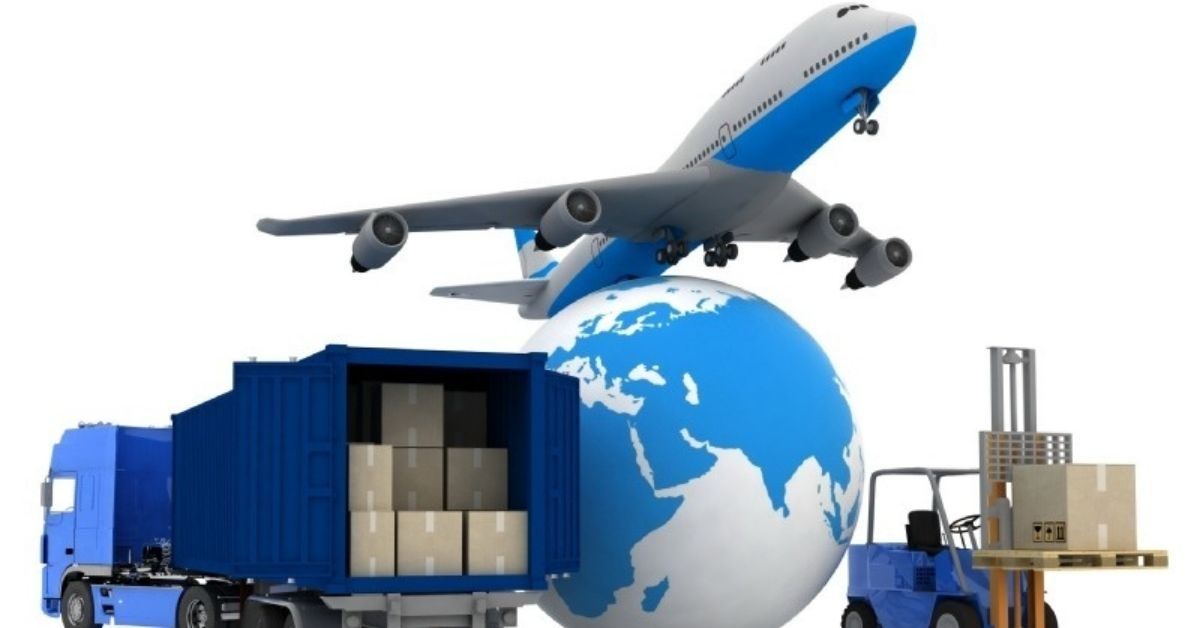The German government has suspended export credit and investment guarantees for companies doing business with Iran, in light of the harsh crackdown on protests that have taken place across the Middle East country over the past three months.
The Federal Ministry of Economic Affairs and Climate Action said in a statement issued on December 23 that it was taking the step “in view of the very serious situation in Iran”.
The suspension of investment guarantees has happened with immediate effect, while export credit guarantees will be placed on hold from January, although exceptions will be made if there is a compelling humanitarian need.
Bilateral trade between Germany and Iran was worth close to €1.8 billion ($1.9 billion) in 2021 and totaled around €1.5 billion from January-September this year, according to the most recent figures from the Berlin government.
The suspension of the trade guarantees has been accompanied by a series of other measures, including the suspension of a bilateral energy dialogue, a manager training program and a trade fair program. The Economic Affairs Ministry also said that Germany Trade and Invest and the German business delegation in Iran had “reduced their activities to a minimum”.
However, the impact on trade flows between the countries may not be too great, given no new guarantees have been granted since 2019.
Trade guarantees with Iran had been suspended for many decades, but were lifted in 2016 following the implementation of the Joint Comprehensive Plan of Action (JCPOA) nuclear deal, signed betweeen Iran and world powers the year before.
Since then, German investment guarantees were given or extended for a small number of projects, with a total value of around €123 million. However, Berlin said it had not received any applications for new investment guarantees since the end of 2018.
It has been a similar situation for export credit guarantees. There were €176 million in 2017 and €37 million the following year, but none since then.
Nonetheless, it adds to the sense of Iran becoming even more isolated on the international stage as a result of the harsh crackdown on demonstrators. The protest movement was sparked by the death in police custody of 22-year-old Mahsa Amini on September 16.
Souring relations
The suspension of trade guarantees also marks a further souring of relations between Berlin and Tehran, which have been on a downward trajectory over recent weeks.
In early December, Germany’s ambassador to Iran, Hans-Udo Muzel, was called in to the Ministry of Foreign Affairs in Tehran to receive a protest about what official Iranian media described as “Germany’s continuous and unacceptable interference” in Iran’s domestic affairs.
That followed a vote at the United Nations Human Rights Council (UNHRC) in late November to launch an investigation into the Iranian government’s response to the protests; the motion had been sponsored by Germany and Iceland.
Iranian Foreign Minister Hossein Amir-Abdollahian has also been critical of Germany, saying on Twitter on November 24 that Berlin was guilty of “massive human rights violations” and had been the main provider of chemical weapons to the Iraqi regime of Saddam Hussein. He said the vote at the UNHRC was an abuse of human rights mechanisms “all in the name of a farce ‘solidarity’ with Iranians.”
Iran has also previously accused Germany of hosting “anti-revolution elements” which trained would-be saboteurs before sending them back to Iran.
On December 12, Tehran included seven Germans among a group of European individuals and institutions that it was sanctioning, including former defense minister Annegret Kramp-Karrenbauer and Rita Süssmuth, a former speaker of the German parliament.







